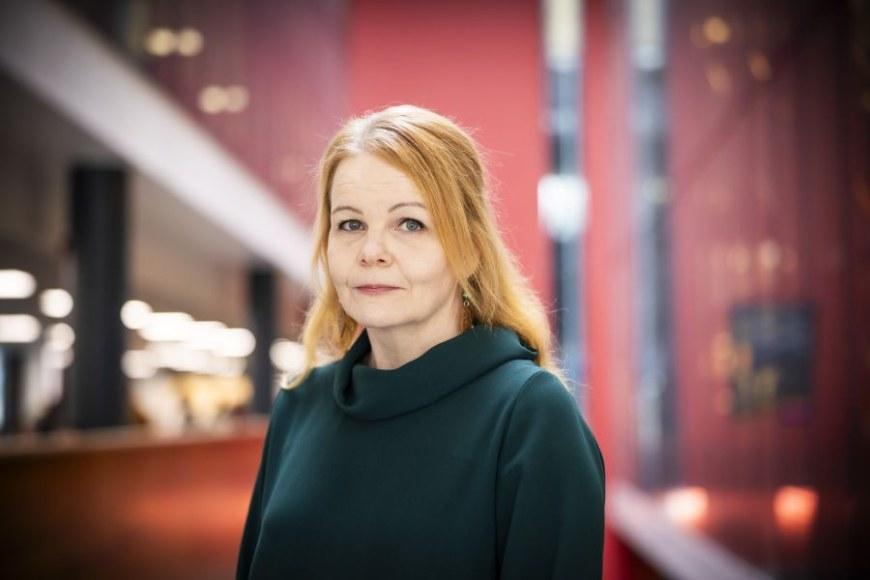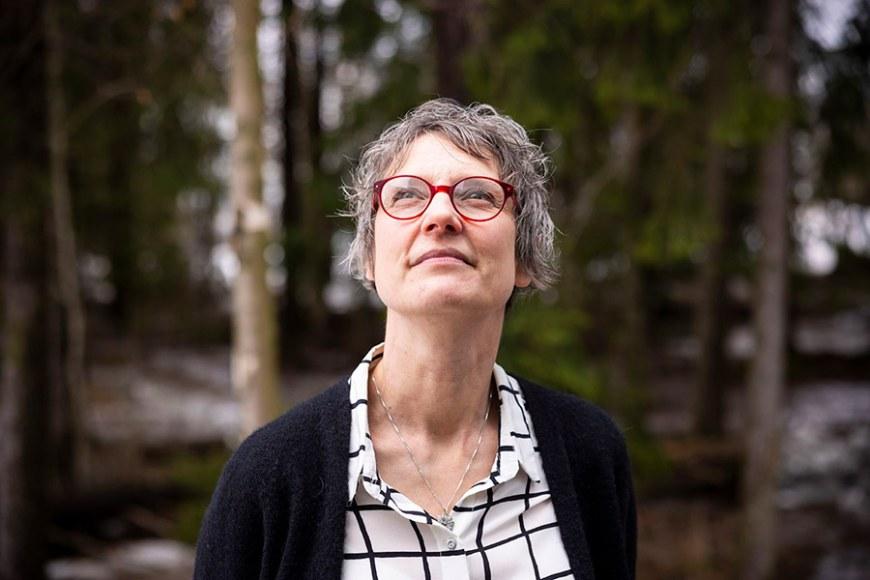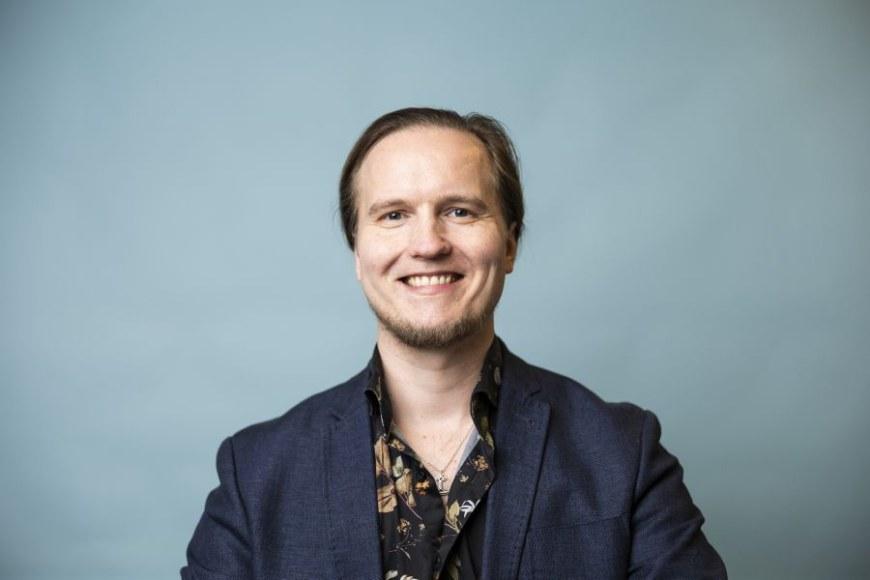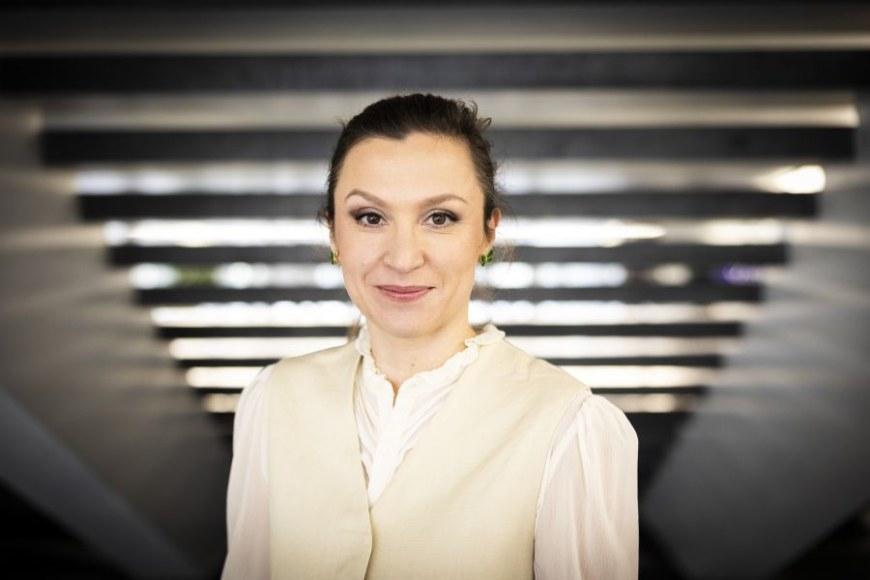Professor Katja Kuusisto wants to develop treatment on substance abuse
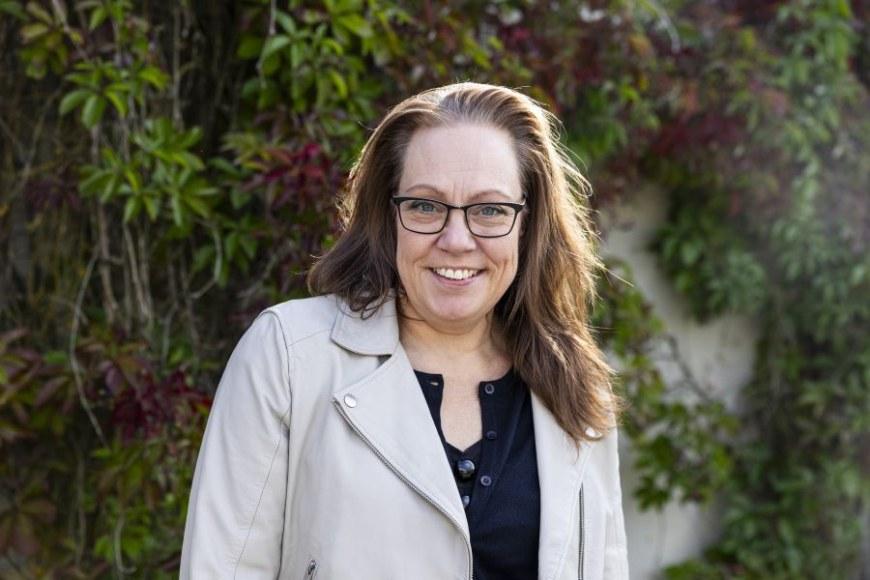
There is relatively little Finnish research on substance abuse rehabilitation and its impact even though substance abuse and other addictions are significant problems among social work clients. Katja Kuusisto’s primary goal is to develop the effectiveness of substance abuse treatment and to create new strategies that ensure more targeted and effective services.
“My research contributes to the field by generating insights that can inform the development of evidence-based practices and can therefore be characterised as research on effectiveness. By understanding the intricacies of substance abuse treatment and its outcomes, we can tailor interventions to better meet the needs of individuals with problematic substance use. My studies are often based on naturalistic settings in outpatient or inpatient substance abuse treatment,” she explains.
Kuusisto also wants to strengthen the role of quantitative research in social work.
“Finnish research on social work is better known for its strengths in qualitative methods, and the situation at Tampere University is no exception. However, social work research requires more diverse methodological variation and expertise,” Kuusisto says.
Kuusisto finds mixed-methods research important for social work. Assessing the effectiveness of the methods and practices used in social work requires a broad methodological understanding.
Kuusisto started her tenure track career path at Tampere University in 2021 and has held the position of professor of social work at the Unit of Welfare Sciences of the Faculty of Social Sciences (SOC) since October 2023. In addition to conducting research, her role entails planning research projects that emphasise cooperation with various stakeholders and teaching. In addition, Kuusisto, along with Atte Oksanen, Vice Dean for Research at SOC, organises a joint addiction seminar with the primary objective of providing a forum to share expertise for doctoral students and post-doctoral researchers working on addiction-related topics in the field.
Interest in a research career arose during studies
Kuusisto, who studied in Tampere, explains that she hails from a working-class family, a background that did not initially seem to align with an academic path. However, after ending up to study social work, Kuusisto emphasises the pivotal role that her teachers and professors played in getting her excited about a research career.
“I am grateful to the late professor of social work Pekka Saarnio whose expertise and inspiring approach to involving students in research evoked my interest. I discovered my passion for research and the creativity involved in uncovering new phenomena. For example, he guided me to study spontaneous recovery from addictions, which became the topic of my master’s thesis,” she says.
Kuusisto decided to delve deeper into this theme for her doctoral dissertation. Subsequently, her focus has shifted more towards studying treatment.
“After completing my dissertation, I have focused more on treatment-related issues, a choice that aligns well with the perspectives of social work. I believe that research in this area provides valuable insights for the advancement of treatment practices and shapes the treatment reality encountered by clients with problematic substance use. The potential to have an influence through research is perhaps the driving force behind my commitment to this work,” she explains.
Cooperation between alcohol and drug rehabilitation and child protection
Currently, it seems that Finnish society appears to be falling short of achieving the objectives outlined in the Substance Use and Addiction Strategy of the Ministry of Social Affairs and Health. These shortcomings, coupled with the lack of research in the field, have raised concerns regarding the adequacy of substance abuse services for adolescents.
Under the leadership of Kuusisto, the TreAdd research group is undertaking two significant research projects, one of which is titled At the Intersection of Substance Abuse and Child Protection Services – Do Young People Who Use Substances Receive the Support They Need? (NUPPU). This project focuses on adolescents with problematic substance use and the support services available to them, an area that has received limited research attention thus far. The theme is very topical.
“Even though the number of sober young people has increased, the risk of developing a substance abuse problem has also increased among certain individuals. At the same time, there is not enough research-based understanding of rehabilitative substance abuse services. Within the area of social work research, this theme is central as social services play a significant role in ensuring the care pathways for adolescents with problematic substance use. They often need both child protection and substance use rehabilitation services,” Kuusisto explains.
The primary objective of the research project is to identify areas for development that can be used to build effective service pathways and procedures. These are intended to guide practitioners during their work as they engage with children, young individuals, and their families.
The various research projects and the research keep the new professor busy. In the future, Kuusisto expresses interest in studying topics such as between-therapist differences. That is, to understand why some therapist’s clients cope better than those of others.
“I am also intrigued by the potential of new technologies, and how they can be harnessed alongside the traditional dyad of psychosocial and medical treatment to promote recovery from substance abuse,” she adds.
Welcome to the inaugural lectures of the new professors on 16 May 2024.
Katja Kuusisto
- Research topics: substance abuse, addictions and treatment
- Alma mater Tampere University
- Completed her doctoral degree at Tampere University in 2010 with a dissertation focusing on individuals who had recovered from alcoholism through various means: professional treatment, mutual help or spontaneous recovery
- Has held various positions at Tampere University in social work since 2003.
- Maintains a work-life balance by DIY projects, gardening, dollhouse construction, outdoor activities, and jogging.
Contact person
Katja Kuusisto
Professor, Leader of the TRANSFORM Research Platform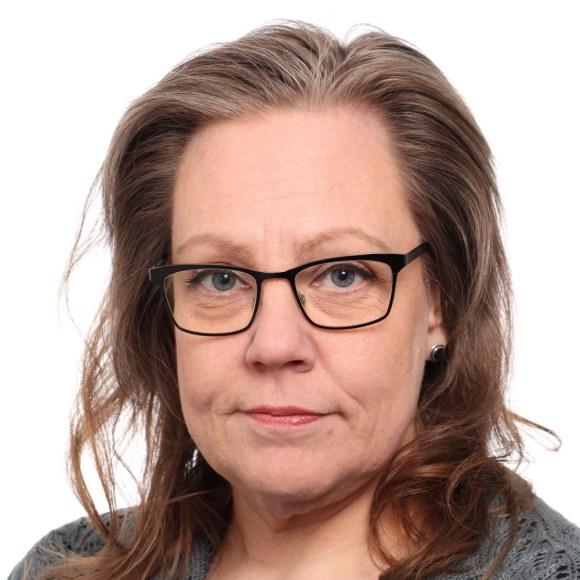 Katja Kuusisto
Katja KuusistoAuthor: Marianna Urkko
